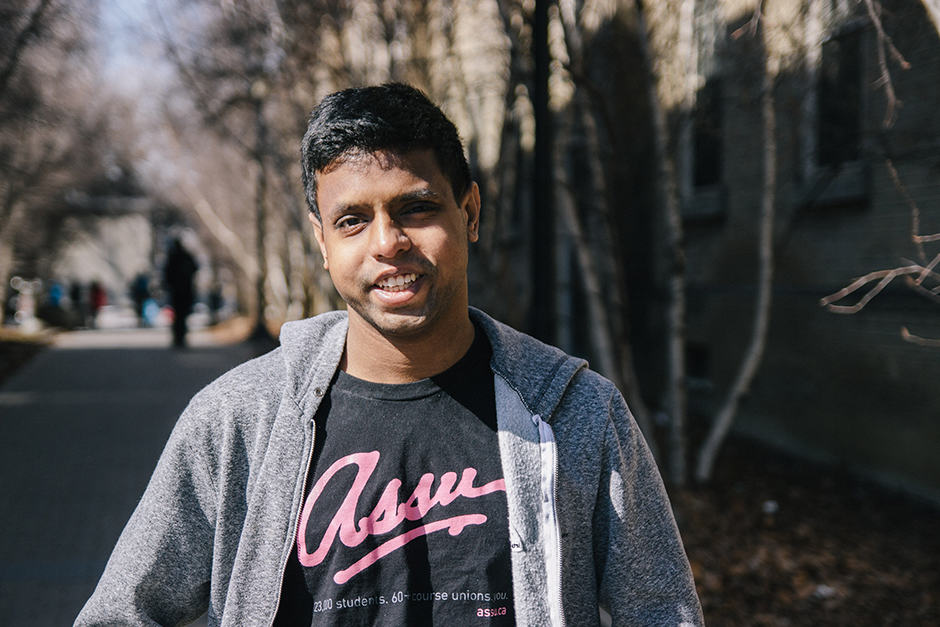This past weekend, members of CUPE 3902 voted to reject the proposed tentative agreement reached last week between members of the union’s bargaining team and the University of Toronto. As such, we are now entering the fourth week of the strike, and things are getting dire.
Syllabi votes are being held every day in classes to get rid of assignments and re-weight other evaluations, in other cases departments are stepping into cancelled classes to take over the work of the striking instructor. Labs and tutorials are still not occurring, but term tests are continuing nonetheless. The university is not operating normally and the quality of education students are receiving has decreased substantially.
Soon, exams will start, and as of yet there are no plans to extend the exam period. Students could be walking into exams that they have been inadequately prepared for. In some cases, students’ rights have been trampled on, with classes changing syllabi without a vote, or by holding the vote improperly — by providing two alternative syllabi options for example but not the original syllabi — or by using coercion.
In the classes where the department is stepping in, and in many cases changing the syllabus, students are concerned that academic freedom is under assault. Syllabi are set as a contract between the instructor and the student, while the university insists that departments can take over a course and conduct the votes — it has failed to provide a reference to an active policy that allows this. The situation is a mess.
How has the university responded? By crafting press releases, FAQs, and e-mails aimed at turning students’ against striking graduate students, rather than informing undergraduates. At ASSU, we find that we are the ones actively educating students about their rights during this strike period, not the university.
Even before the strike, the university repeatedly refused to communicate with undergraduates, often telling representatives that they would not meet or comment on the matter. Despite this, we know that that the university had months to produce an acceptable contract and avoid a strike. They chose to wait till the last minute to produce a contract, which barely changed anything.
In the weeks since the strike has started, the university has failed to bargain in good faith. When they have produced contracts, those too have fallen far short of addressing the grievances of Unit 1 members. Instead, they have chosen to manage the strike through strikebreaking and syllabi changes, which can have an adverse impact on students’ academic records. Depending on whether or not you are a domestic or international student, you are paying in between $7,000-30,000 for an education that is on hold because paying those who teach us is not consider a priority by the administration. We expect our tuition to go to those who teach us and we will continue to push Simcoe Hall to make education their priority and reach an acceptable agreement that finally ends the strike.
Abdullah Shihipar is the President of the Arts and Science Students’ Union (ASSU)
Editor’s note (March 23, 2015, 2:20 AM): An earlier version of this article was incorrectly published.


